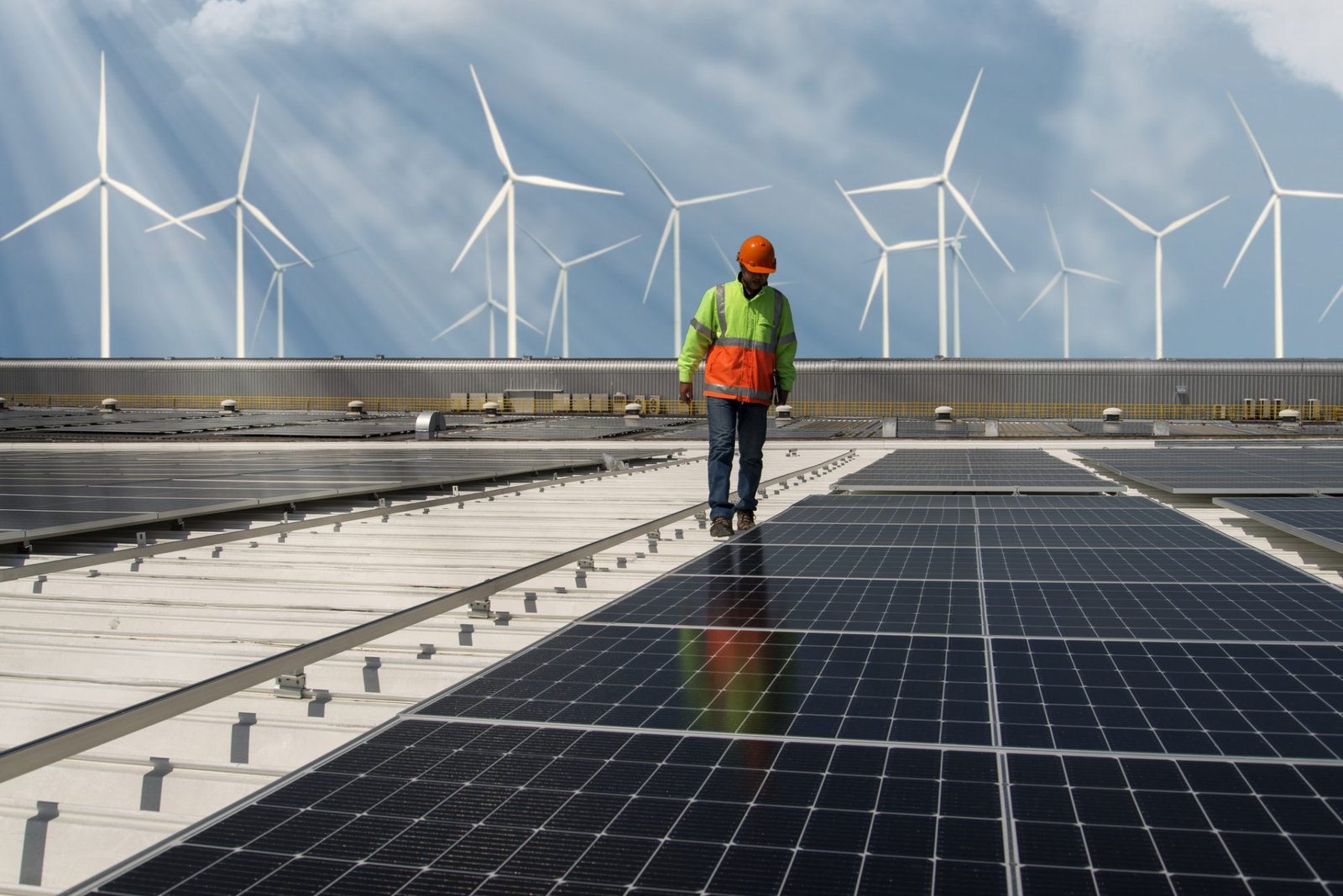The European Commission has received an impressive total of 13 project proposals, collectively seeking a substantial EUR 1.86 billion in funding.

In a significant stride towards bolstering energy infrastructure across the continent, the European Commission has received an impressive total of 13 project proposals, collectively seeking a substantial EUR 1.86 billion in funding. These proposals are geared towards the development of crucial cross-border infrastructure projects under the Connecting Europe Facility for Energy (CEF Energy).
Despite the commendable demand for investment, the available budget stands at EUR 750 million. The call under CEF Energy is designed to fortify initiatives that will pave the way for the implementation of Projects of Common Interest (PCIs) within the overarching framework of trans-European energy networks.
The ambit of ‘works’ encapsulates procurement, supply, and deployment of various components, systems, and services, encompassing software. Furthermore, it encompasses activities related to the development, construction, and installation of a PCI, as well as the formal acceptance of installations and the official launch of a PCI. To date, 10 proposals for works have been submitted.
Simultaneously, ‘studies’ cover preparatory actions essential for PCI implementation, including preparatory, mapping, feasibility, evaluation, testing, and validation studies, some of which may take the form of software. It also incorporates any other technical measures of support, including preliminary steps to define and develop a PCI, alongside decisions pertaining to its financing.
This involves reconnaissance of the pertinent sites and groundwork for the financial package. Notably, three proposals for studies have been tendered.
Originating from 12 different countries, these proposals span various sectors, including electricity, smart grids, gas, and cross-border CO2 networks.
Looking ahead, the proposals are presently undergoing meticulous scrutiny to ensure adherence to admissibility and eligibility criteria. Once this stage is complete, the projects will proceed to the evaluation phase, where they will be assessed against specific award criteria. This rigorous process is anticipated to culminate by January 2024 at the latest, at which point the selected projects will be unveiled.
The ultimate objective is to handpick projects that will play a pivotal role in constructing seamlessly integrated energy infrastructure networks. These networks are indispensable for navigating the energy transition, given their instrumental role in facilitating the assimilation of renewable energy sources, augmenting security of supply, and effectively managing energy costs.
Crucially, the allocation of CEF funds is aligned with the imperatives of the European Green Deal and aligns seamlessly with the recently launched REPowerEU Plan. This comprehensive strategy outlines a blueprint to emancipate Europe from dependency on Russian fossil fuels by 2030, cementing a decisive stride towards a sustainable, self-sufficient energy future.